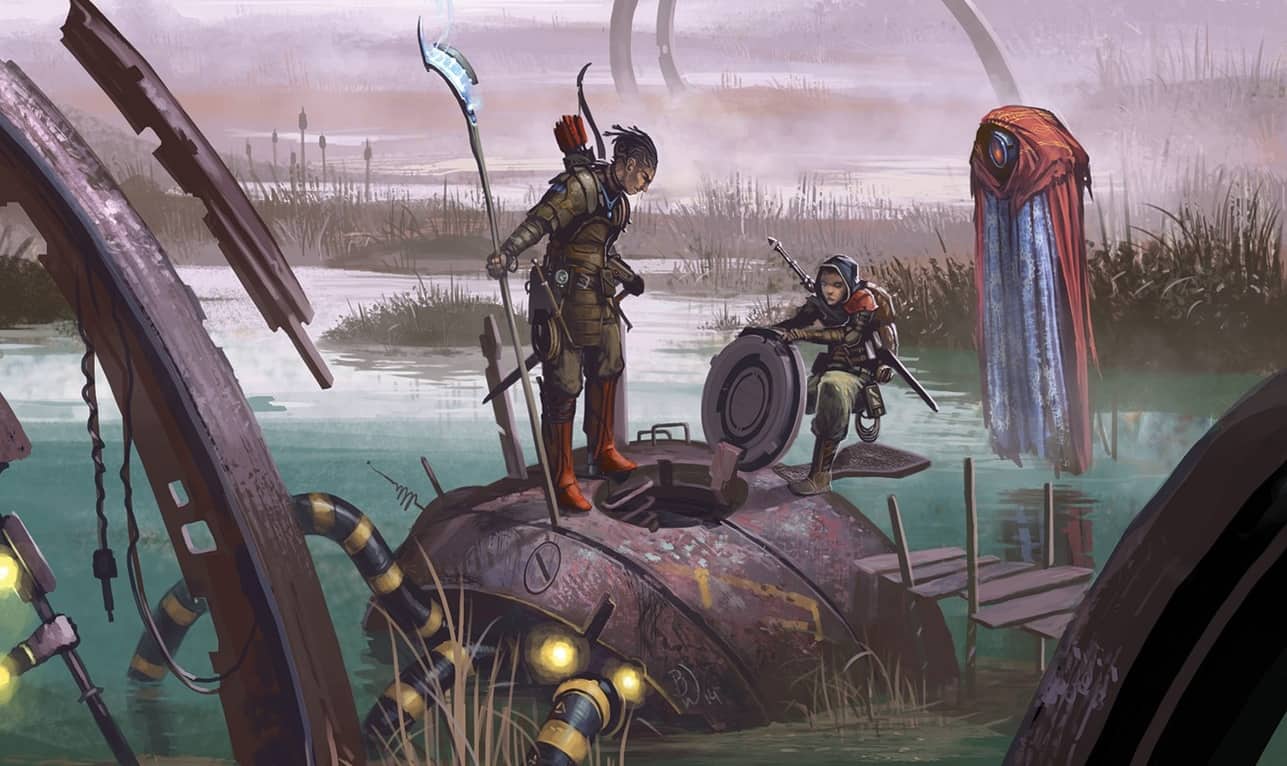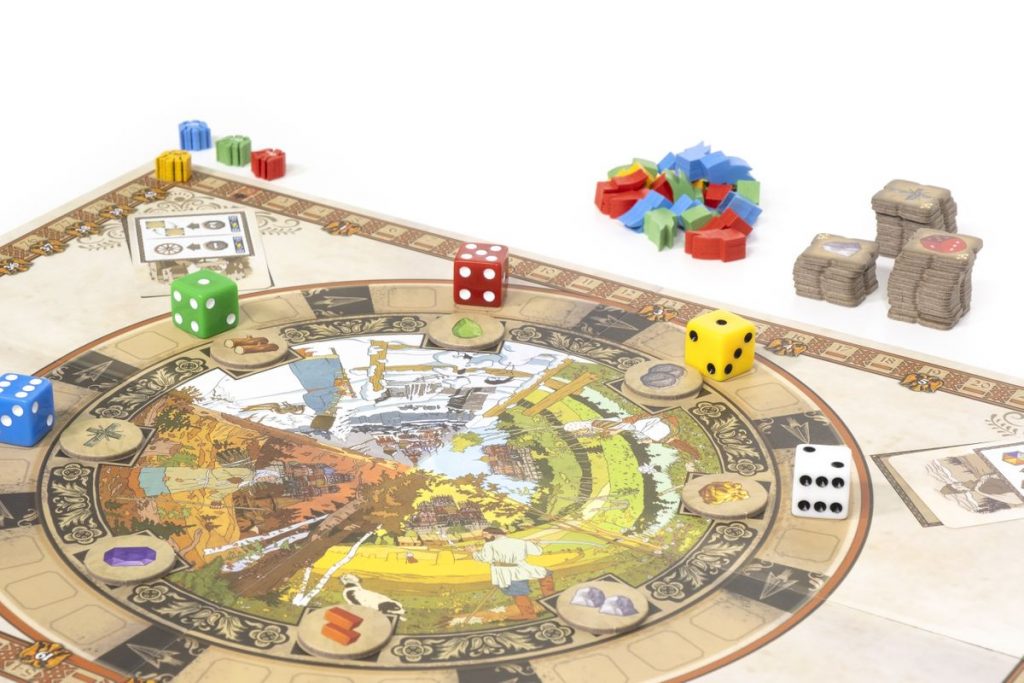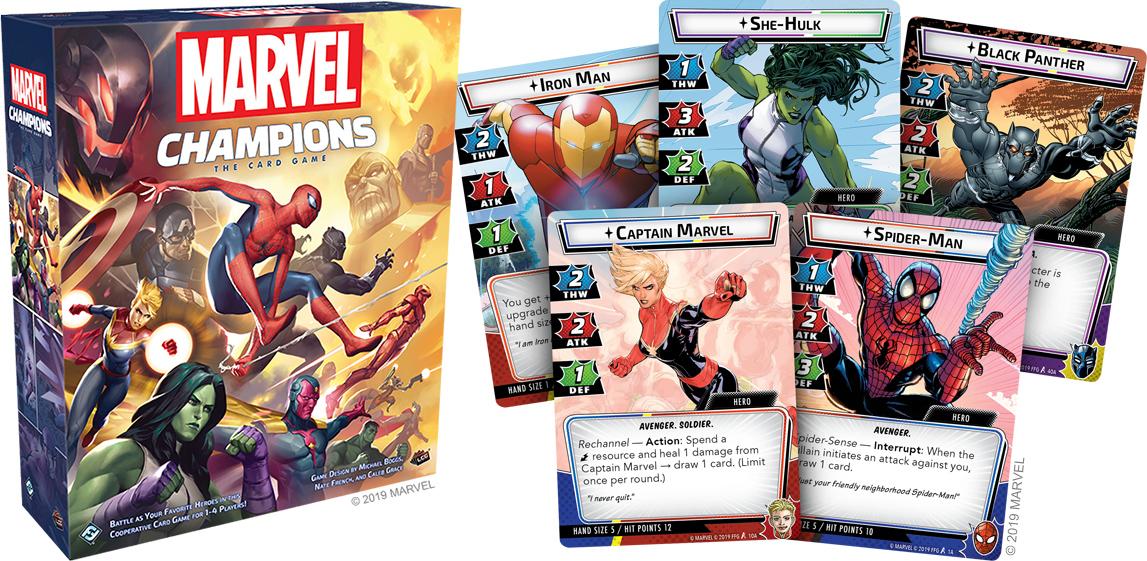[Our header image is official art for Numenera.]
Hilary: So, you wanna play an RPG.
You’ve read the Shut Up & Sit Down reviews of Fiasco or The Burning Wheel. You’re daydreaming about a campaign of Apocalypse World. The idea of playing a baker in Ryuutama makes your heart melt.
You’ve bought the game, you’ve read the rules, you’ve gathered your friends, you’ve sharpened your pencils and now the magic happens. Well, uh, you assume this is where the magic happens. See, the rules didn’t necessarily explain how you were gonna “roleplay”. Just “then you play out the scene” or “make choices as your character” or “someone decides when the scene ends” or …hmm.
Hmmm.
It turns out there are spaces between the rules of any game left for you, the players, to fill in. Which is all well and good, but what if you have no idea what to do and you’re kinda worried maybe you’re gonna fuck this whole thing up and oh gosh maybe you’re not cool enough or nerdy enough or experienced enough or what if you forget which die is which or…
It’s okay! I’ve got you. Deep breaths. We’ve got this.
Sometimes magic just needs a helping hand.
First things first: if you have the interest in playing a role playing game, and you are able to communicate in a shared language with the rest of the table, you can totally, 100%, definitely successfully play a roleplaying game. I swear, you can do this.
Are you gonna be awkward, and nervous, and a little sweaty? Maybe. Doing new stuff is hard, and sometimes scary! But you can do it, and I’m here to help you.

I’d like to state up front that the tips I’ve included in this article are drawn from my own experience as well as the informal suggestions of a variety of other roleplayers. I didn’t invent this stuff! I learned it organically in play, via my background in improvisation/communication techniques, and through conversations with other gamers. If something intrigues you, I encourage you to search more info out.
The roleplaying part of Role Playing Games is obviously pretty important—it’s right there in the name—but because it’s so foundational it’s not often specifically addressed in the rules of any particular game. There are skills you’ll pick up and develop over time, and people who specifically put effort into developing and improving their skills at the tabletop will reap the rewards. (I hear this is the case with any skill? You can just, like, put effort into it and improve? Wild.) When you’re just starting out, those gaps of implicit knowledge in any game can be super intimidating. So let’s lay some of these things out!
Note that this is not meant to be a comprehensive look at How To Play Tabletop RPGs. I’m aiming this guide at people who may be into board-gaming but not (yet) super familiar with RPGs, and who’re looking to play/run games at home or potentially at public meet-ups with strangers. So, more Roleplaying 101: Welcome to the Tabletop than Roleplaying 560: Advanced Techniques.
Let’s break it down!
In this cursory overview of tips and tricks, I want to talk about: engaging at the table, setting boundaries, pitching games, and creating characters.
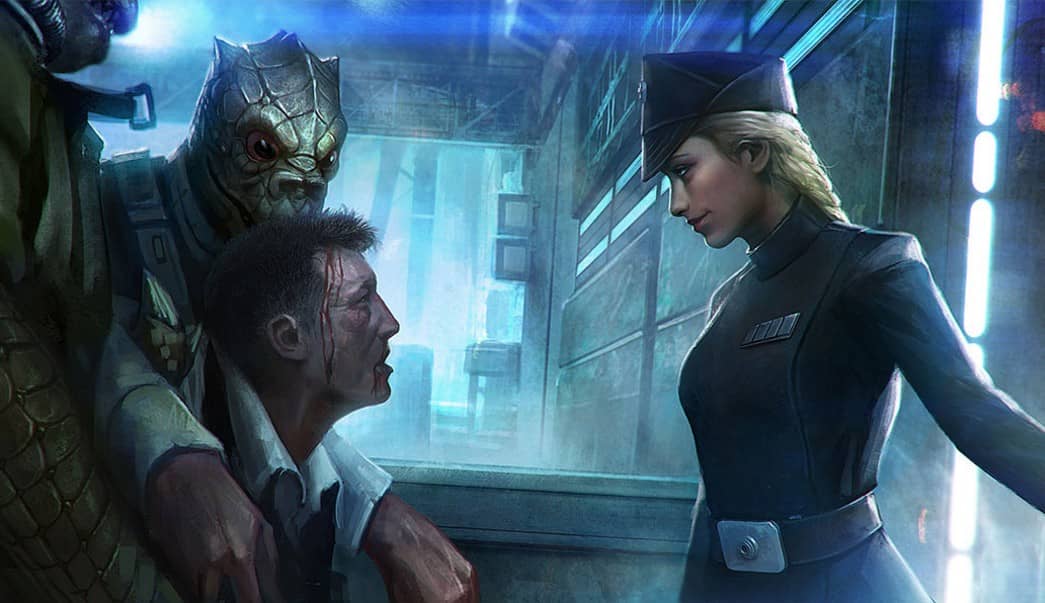
So first up, the big one: Saying Stuff.
Some games have really structured rules for when and what you say at the table, but even in those games, eventually, you’ll probably have to say something. How do you know what to say?!?!
State the Obvious. Literally say the first thing you think of. Doesn’t matter that it’s obvious to you, or seems boring. Say it anyways. Better to add something to the game that you and others can build off of than overthink and never get anything out! Plus, and here’s an important, not-secret secret: everyone’s brains work differently. The people you’re at the table with have different brains than you. They have different life experiences. The thing that was obvious and boring to you might be totally unexpected and clever to someone else!
Reincorporate. Remember that thing you or someone else added to the game a while ago? Bring it up again. Mention it in passing, or tie it in to your current situation, or restart the conversation around it. Human brains love to turn things into patterns. Reincorporation makes us feel like we’re really knitting together a coherent, connected narrative. Even if the only reason you said the thing was because you couldn’t think of anything else. That totally doesn’t matter. You’re doing great.
Plagiarise. There is no law against rampant plagiarization while you’re at the table. Stuck for something to say? Pull inspiration from your own life, or a book you read, or a movie you saw, or a TV commercial you overheard, or a link you read on a friend’s facebook wall. No need to apologize for or explain your inspiration—that just distracts and stalls the game. Instead lift the idea from wherever you encountered it and continue on as if you’d invented it yourself.
“Yes And…/No But…” In order to keep things flowing, try not to shut down ideas that get added to the game. Instead you can build on them. So, your friend says, “I look to the trees and see a whole pack of direwolves headed towards us!” and you say, “Yes, and they’re strangely skeletal looking…” or “Yes, I see them too and I start preparing a spell” or whatever. Sometimes (especially if you’re the Game Master [GM], playing everything-that-isn’t the Player Characters [PCs]) someone adds something and it doesn’t quite work. Instead of just shutting them down with a “Nope, that doesn’t happen” it generally feels better if you find a way to build on their suggestion, even if you aren’t keeping it. e.g.: if someone says, “I start running and you turn and join me and we flee,” you might counter, “No, I hold my ground, but I conjure a magical shield wall behind me to protect you,” or “The two of you start to run, but you soon realize the wolves have you surrounded,” or whatever.
Look To The Game. The rules of a game may not specifically tell you how to roleplay, and what to say, but they are usually great at providing stuff for you to jump off of. Stuck for an idea? Look to your character sheet—what does it say? Do you have a trait or a goal or a bond or a skill or something you could bring up? What else is on the table? Stuff on a map? Use that! Use whatever the game has given you, whenever you need it. People sometimes remark (or complain) that games have more stuff in them than you absolutely need. And that can be true, but you might be surprised how much more coherent your gameplay can feel, and how much less creatively exhausting, if you make use of all the stuff the game gives you. The designer (hopefully) put it in there for a reason!
Basically, the tl;dr of this section is: Don’t Worry About Being Clever. Just let that go. If every idea that every person at the table put forward was the Best, Most Innovative, Cleverest Bit Ever, the game would honestly not be all that great. Having a bunch of solid, uninspired, inter-related stuff in the game can form an amazing foundation that really makes those perfectly timed, witty, terrifying, emotionally-honest, and whatever-else bits stand out. Just Saying Stuff Even If You’re Not Sure It’s Great is an important part of any game. Doesn’t have to be great. The greatness will emerge. Trust me! Let yourself get there instead of trying to force it.
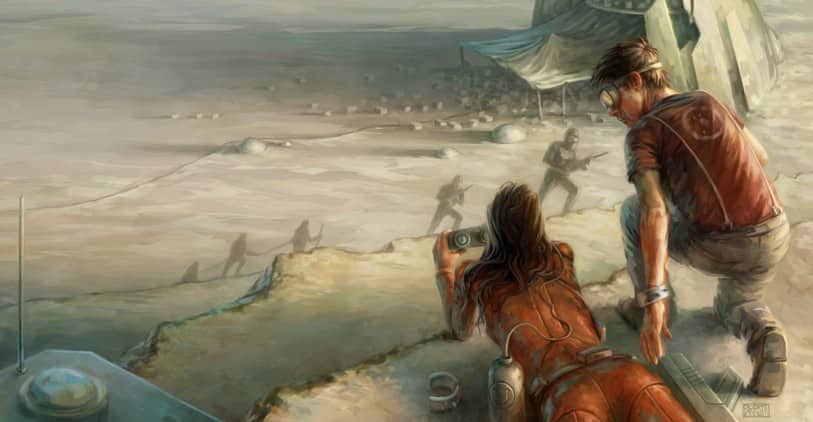
Okay, so, with that out of the way, there’s a few other things I want to at least touch on before letting y’all loose.
Boundaries. Boundaries are important at the table, just as they are in general life. We all have different brains and different experiences that we bring to the table. That means that stuff that’s boring to you might be really unexpected to others. It also means that stuff that might be totally innocuous to you could turn out to be absolutely fun-killing for someone else. So, what can you do?
Talk about expectations and goals. If some people at the table are excited about killing monsters and using cool gear and other people are excited about exploring deep emotional spaces and uncomfortable social interactions you may end up having a poor play experience, no matter what game you choose. No game does everything! (Or, at least, a game cannot excel at doing anything unless it picks what it’s trying to excel at doing.) So, try to make sure the game and the people involved are hoping to do the same or very similar things. Your character may have psychic powers, but your GM doesn’t and neither do any of the other players. You have to actually talk about this stuff!
Not being psychic, combined with the fact that everyone at the table has a different brain and a different life experience, means that sometimes the thing you come up with is actually a fun-killer for someone else. That’s not your fault! You didn’t know. But sometimes someone else says something and it’s your ex-husband’s name, or you’re arachnophobic, or hearing about torture makes you super uncomfortable, and suddenly you’re not having a good time any more.
There are different schools of thought here, but let me tell you mine: assume that people are at the table as a leisure activity. Assume that this is a thing they’ve chosen to do for fun, whatever fun means for them in this particular case. They aren’t here for therapy, and you aren’t their therapist. (Unless they literally are and you literally are and in that case: it’s so cool that you’re using RPGs as part of your therapy program! High-five!) People need to be able to set boundaries, and say no to things that are gonna make the whole experience unfun for them, without that ruining the game or the relationships between players. That can be relatively easy to do when you’re comfortable with everyone you’re playing with, but what about when you’re playing with strangers?
Mechanize boundary setting! Agree on some mechanic that people can use to flag that they’re uncomfortable with certain content. You can call it The Veil or The X Card or whatever you want. I personally tend to use an “X card” when I run games at public meet ups. I have an actual index card with a big X written on it that sits on the table while we play. If someone needs to set a boundary, they can say “I’d like to X the name Michael” or they can point to the card and say “No spiders” or they can hold the card up and say “Can we skip the bit with the torture?” Think of it as a sort of safe word for the social contract of your table.
Does this ruin games? In my experience: nope. Providing the meta-level mechanic doesn’t necessarily mean it gets used, but it means it’s there in case someone needs it. Most of the time the game continues on without even much of a pause “Okay, not Michael… Steve?” “Oh, sorry! It’s not actually a giant spider, but a giant centipede.” “No problem. Do you want to rewind and not have the torture ever happen, or should we keep it in the fiction but just skip over it and not describe anything?” Sometimes a person might need a minute or two, or it might be a good moment for everyone to take a water break before reconvening. But the main thing is that whoever is flagging the content doesn’t have to explain why they don’t want that thing. Not wanting it is enough. Likewise, whoever introduced that content isn’t being labeled a bad player! Often everyone works together to come up with an alternative that works for everyone.
If you’re familiar with everyone at the table this might seem less important, but I think it never hurts to have some tools at your disposal for handling situations as and if they arise. Introducing an official mechanic for the table also means you’ve said it’s okay to need to set a boundary! Newer players, or people playing with others they aren’t super comfortable with socially may otherwise not speak up because they don’t want to cause trouble or hurt feelings, and then everyone continues on oblivious while one person has a shitty time. That’s not what we’re going for!
Also try to be self-aware as a player! Are you contributing way more than any one else? Maybe it’s a good idea to back off for a while and see what things other people have to add. Are you mostly just following along while other people steer the narrative action? Maybe it’s a good idea to push yourself to contribute something without having to be asked. It’s fine that some people are going to have more to say than others, just make sure you’re checking in on that, and allowing people the opportunity to participate.
And, I shouldn’t have to say this, but I will: if you find people are misusing your social-boundaries mechanic you need to evaluate who you’re playing this game with. It could be that you never actually talked about what kind of game people wanted to be playing, and/or the game you’re attempting isn’t a good fit for the expectations of at least some of the players, and people are expressing this frustration by messing with the game/each other using an outside mechanic. If people are intentionally pushing people’s boundaries, and essentially playing a game of emotional chicken, seeing who will flag something first? And that isn’t a very specific dynamic you all wanted and agreed on? You are playing with disrespectful jerks. Don’t play games with disrespectful jerks.
Okay! Whoa, that got heavy for a second. But now we know how to say stuff and contribute to the game, and how to communicate boundaries while gaming. But how do you even get to the playing the game stage?

Pitch your game. When you want to play a game with people, they’re probably going to want to know what the game is. Some of the basic info about how long the game will take and how many people will be playing is useful to share. (If your friends think they’re signing up for an hour, and you’re planning a 4-hour session, you’re gonna have some issues with expectation- and time-management.) You’ll probably also want to tell people what sort of stuff they, personally, will do during the game. Draw stuff on a map? Pretend to be a teenage monster? Invent bits of a strange movie? Great! Let them know.
This bit is more challenging, but you can also let them know what the game is about. What are the themes? What’s the feeling of the game? Is there a central premise or a general plotline? You might be able to find this info in reviews, or maybe in the game text itself, or you may figure it out by playing it a few times.
Contrary to popular belief, you SHOULDN’T OBSESS OVER SYSTEM MINUTIAE when pitching. System is super super important for actually playing the game. Knowing that a game uses 20-sided dice or 6-sided dice, and how many of them, or that you’ll be writing on index cards, or that it’s Powered By The Apocalypse isn’t actually the same thing as knowing what a game is about or what playing a game feels like. And, especially for people who haven’t played many RPGs before, it’s often pretty boring!! You can mention system, if you must, and if you think it will mean anything to the people you’re pitching your game to (for instance if there’s a particularly novel or interesting mechanic involved), but that’s generally not what will get your friends pumped. Focus on the themes, the setting, the sort of things they’ll be doing. Get them stoked about playing with you. Then, when you’re actually committed to playing the game, you can go through the rules.
Finally, consider flagging problematic content up front. If the game is inherently violent, or deals with social inequality, or has a lot of emotional content, or explores family dynamics, or something else where you think, “Hmm, this is an integral part of the game, but it might make some people uncomfortable,” make that clear upfront! This isn’t to scare people off, it’s so they can make informed decisions about what they want to do with their leisure time. This is particularly important when you’re pitching games at public meet ups or other one-shot situations with strangers (conventions, etc.). In those situations people often have multiple games to choose from, so can avoid a game they know won’t be fun for them. If you’re picking a game to play with friends this is still a good idea, as part of making sure you’re all playing a game you want to be playing.
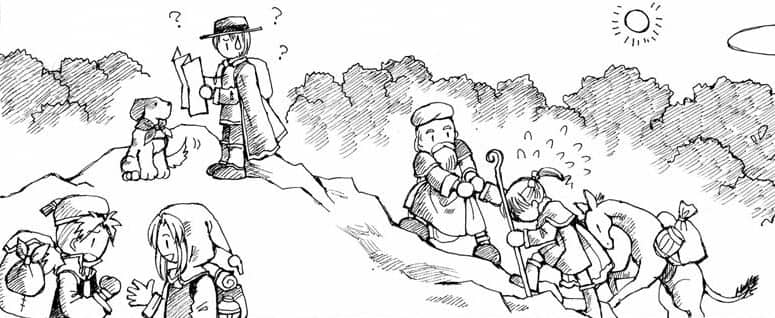
Last, but certainly not least, Tips for Character Creation.
Once you’ve decided on a game to play, and recruited your friends, how do you get started? I’ve already given you tips on how to roleplay once you’re in the game, but how do you come up with a character to begin with?
Firstly, embrace the game. Is there a list of names and attributes? Pick from those! Are there descriptions or suggestions you can build from? Go for it! Just like when you’re roleplaying, character creation doesn’t have to be, and shouldn’t be, all amazing innovative inspired choices. You don’t have to get everything right! You probably won’t! (There isn’t even really a Right anyways because roleplaying games are generally about creating a shared experience and not about Winning!) So, just pick some stuff. If there are some crucial choices that will mechanically affect game play, and will make things less fun if you don’t know what you’re doing, hopefully the game will tell you. Or someone else at the table will tell you. Or the other people at the table will be cool with you retconning those changes once you start playing and realize you’ve missed something crucial.
One trick for quickly fleshing out a PC beyond what the game’s given you, or if the game hasn’t given you very much, is to Pick Three Traits. Just pick three, fairly basic things that you can imagine about your character and describe to other people. If you’re a GM needing to come up with a non-player character (NPC) you might only need one trait, or maybe two. Some examples: high blond ponytail, a limp, ruthlessly practical, tall, naive, knows someone in town, wears a fannypack, etc. Just pick one to three traits, (stating the obvious, plagiarizing, and looking to the game as necessary) and get on with it. You can even pick an interest or habit that you share with a character, to make it easier to connect/roleplay. You don’t have to know how those three things are related, and they don’t have to be particularly interesting. In fact (again…) trying to make everything about your character Interesting will just make them too busy. Leave lots of space! You’re creating the prompts that you’ll be able to draw on in-game. And that’s when you’ll discover the connections, and the backstory, and the whys and the hows. Don’t worry about that right now.
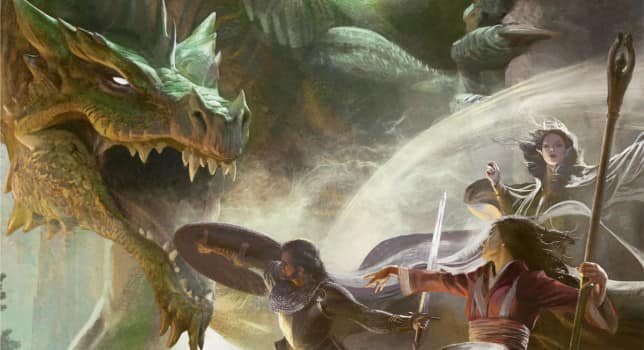
Finally: Be Ready To Say Goodbye.
There are some games where you play an individual character, and nothing particularly bad happens for them. Those are generally exceptions. Your character is likely gonna face adversity. They might face an entire pack of direwolves. They might not survive.
And it’s okay to feel sad! It’s okay to connect to a character. In fact, that’s super awesome.
But my gentle advice, especially as you start out, is not to pour all your heart and soul into crafting a character before you even play. Make some choices, sketch them out enough to play, cheer them on, build depth and nuance, mourn them when they go …and then make a new character and get back to it.
Phewf. We covered a lot of stuff! Let’s sum it all up, so you have a handy reference guide.
You can play tabletop RPGs. Yes, YOU!
Engage and Participate:
State the Obvious. Reincorporate. Plagiarise (But Don’t Tell Us). Yes, and…/No, but… Look to the Game. Don’t Worry About Being Clever!
Social Contract:
Talk About Expectations and Goals. Mechanize Boundary Setting. Be Self-Aware. We’re Here To Have Fun/Don’t Game With Jerks.
Pitching Games:
State the Basics. What’s the Game About? Don’t Obsess Over Mechanical Minutiae. Flag Problematic Content.
Creating Characters:
Embrace Game Prompts. Pick Three Traits. Be Ready To Say Goodbye.
And that’s it! Go on out there and make the magic happen.
Abracadabra, baby.
[If you have any advice of your own, do leave it in the comments! SU&SD will be including a link to this article in future RPG reviews.]

